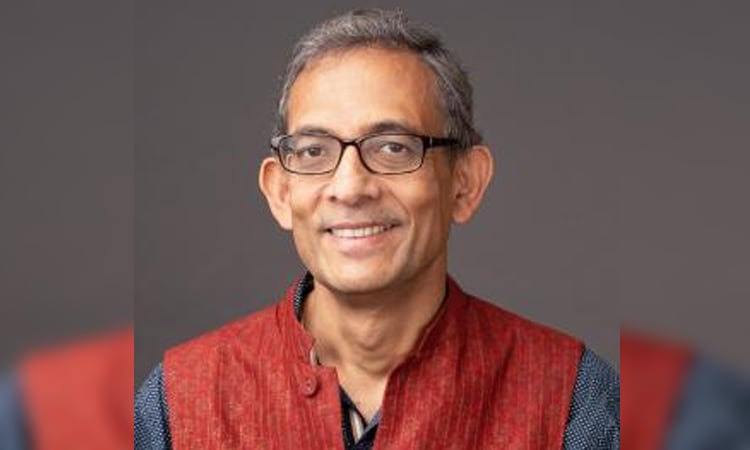News Flash
News Flash

DHAKA, May 26, 2025 (BSS) – Nobel Laureate Professor Abhijit Banerjee today laid emphasis on looking beyond GDP figures to achieve sustainable economic development.
“Too much focus is placed on GDP. GDP is high in large countries, but we should be talking about GDP per capita," he said while speaking virtually at a seminar titled "Transforming Development: Building a Culture of Accountability through Evaluation, Auditing and Ethics".
The Economic Relations Division (ERD) of the Ministry of Finance and the New Development Bank's (NDB) Independent Evaluation Office (IEO) Internal Audit Department and Compliance and Investigations Department co-hosted the high-level seminar in the city focused on embedding accountability, evaluation, and integrity at the heart of development projects-key pillars for delivering on Bangladesh's growth priorities.
The seminar highlighted NDB's approach to sustainable development through integrated evaluation, audit, and compliance systems. With over 150 participants including senior level policymakers, development experts, private sector leaders and others, it served as a dynamic platform for cross-learning among emerging economies.
In his speech, Abhijit Banerjee stressed that the extent to which GDP reaches the poor, versus how much is accumulated by the wealthy, determines the actual reduction in poverty.
He said that in countries like Bangladesh and India, a large share of GDP has been increasingly concentrated in the hands of the wealthy over the past 30 to 40 years.
As a result, poverty reduction has not been significant despite GDP growth, he added.
"If we want to talk about everything, for example, about temperature changes, then GDP alone isn't enough. We need to distinguish income levels, and unfortunately, income inequality has systematically worsened in many countries over the last 30 years," he said.
"We must examine who is truly benefiting from the fruits of GDP," he added.
Economist Abhijit Banerjee also noted that 10 years ago, inflation, exchange rates, and government debt were relatively under control in most countries, which is no longer the case.
"Sustainable economic development now faces many greater questions. Political and environmental challenges are creating survival risks for large firms," he said.